When it comes to launching a successful career, one size does not fit all. Careers evolve and take sharp turns — and there’s no standard playbook.
That message came across loud and clear at this year’s Next Steps Conference a three-day event aimed at helping Faculty of Arts & Science students and new grads embark on their post-university adventures. Online for the first time, the conference featured dozens of A&S alumni panellists with a wide range of experiences, from multiple degrees to early work experience, from straight lines to meandering career paths. They all had one thing in common: a willingness to share their advice and perspectives with A&S students and new grads.
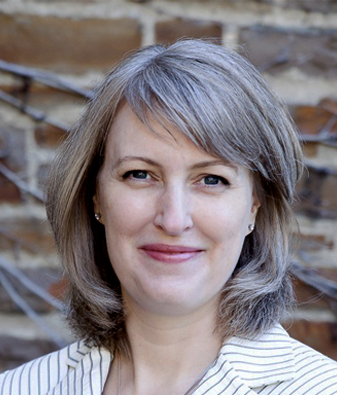
“When I was graduating, I wish I had known that jobs are not necessarily easily defined,” says Catharine Heddle, an award-winning independent communications specialist, writer and project manager who formed Lamplighter Communications in 2009. Heddle earned her honours bachelor of arts in 1993 as a philosophy specialist, anthropology minor and member of Victoria College.
“There is so much out there, and you can make your own way. Your career doesn’t have to be linear. I thought when I graduated that I had to pick a lifelong profession; now I know there’s no such thing.”
Heddle spoke as part of Wednesday’s Entrepreneurship and Innovation industry panel, just one of 13 sessions offered over the course of the conference.
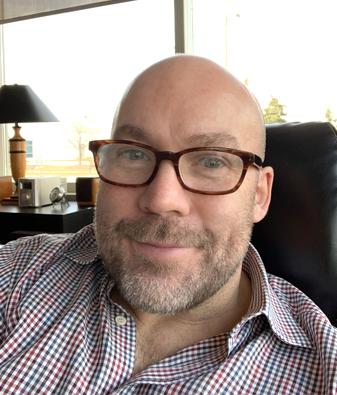
New grads and students peppered Heddle and the other panellists with a range of questions. How do you find a balance between work and personal life? How do you overcome the fear of being on your own? And how do you know if entrepreneurship is right for you?
“The real passion I've been able to derive out of entrepreneurship is the joy in developing something myself and seeing it become a success,” said Jean Paul Teskey, senior vice-president of Outset Media. He earned his bachelor of arts in political science in 1994 as a member of St. Michael’s College. “In terms of advice, if you see an opportunity — as cliché as it might sound — take it and explore it, especially when you're young.”
Not every opportunity will be a home run, either.
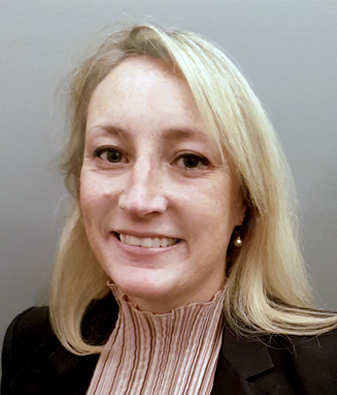
“With every opportunity you have, if it doesn't work out perfectly, that's okay. That's a learning and you can reapply it,” said Lisa Taillefer, vice-president of human resources at Steam Whistle Brewing. She earned her honours bachelor of arts in international relations and employment relations with a minor in economics in 1995 as a member of Victoria College. Taillefer was part of Tuesday’s How to Leverage Your Arts & Science Degree session.
Panellists addressed the many doors an A&S degree might open, debated whether alumni should earn another degree or hit the workforce right away and identified how to know when it’s time to make a career change.
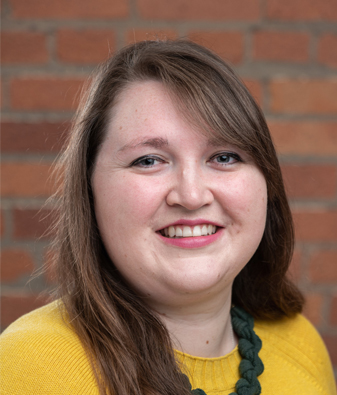
“I think it really depends on self-reflection,” said Katy Mountain, director of operations and development at Myseum of Toronto. “If you're in a job or on a career path you’re not loving, or you realize ‘this isn't for me,’ I think that is time to reflect and think about, in the ideal world, where would you love to be?”
Mountain earned her honours bachelor of arts as an archaeology specialist in 2012 as a member of Victoria College.
In Monday’s Success Isn’t a Straight Line session, panellists highlighted the value of having a wide range of experiences, such as student politics, co-curricular activities, sports, clubs and volunteering, all of which teach important networking, communication, discipline and time organization skills. When hiring, employers consider factors beyond qualifications.
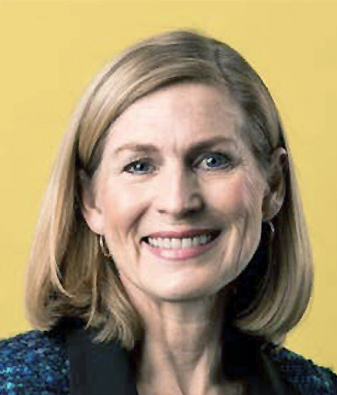
“The candidate has to have the capability to do the job, but the differentiator is if the individual has that learning agility and has demonstrated initiative in other parts of their lives to learn and grow,” said Barb Keenan, senior vice-president of human resources at the Liquor Control Board of Ontario. Keenan earned her bachelor of arts as a political science specialist and history major in 1985 as a member of New College. “And I'll throw in the ‘resilience’ word too, because that's probably one of the qualities that will serve people the most.”
Resilience had come up earlier in the conference in Dr. Kofi Hope’s keynote address. It’s key to success, he said, and a “superpower” worth nurturing.
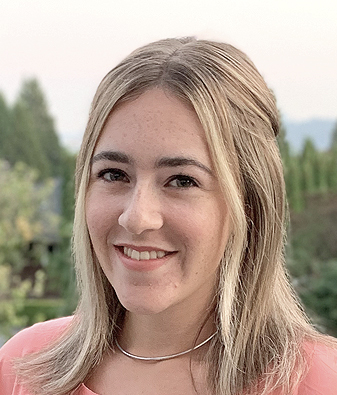
“Please, friends, maintain and nurture your resilience as the first and most important step as you're moving to this new stage in your career, and know that sometimes it's okay to take a break, to step away and do that self-work and then re-emerge,” said Hope, who earned his honours bachelor of arts in African studies with a religion minor in 2006 as a member of Innis College. He is also a Rhodes Scholar who earned his PhD in politics from the University of Oxford.
Isabella Gillard, a third-year student and member of Victoria College majoring in psychology and sociocultural anthropology, says she picked up a number of tips at the conference. She has her eye on grad school in either social work, education or psychology, and is keeping her career options open beyond that.
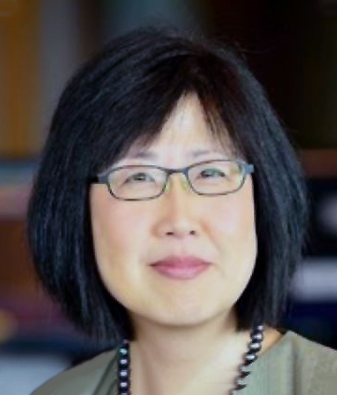
“At Next Steps, I learned to treat every new social interaction as a potential networking connection, which means being genuine and authentic so they will remember you,” she says. “Also, to pitch yourself as a full package by critically reflecting on the skills and values you’ve picked up outside of academic experiences.”
There’s no question the future is uncertain, and possibly even a little scary, but Evelyn Foo, founder and president of EFoo Consulting Inc., urged students and new grads to accept — and even embrace — that uncertainty.
“There are going to be lots of forks in the road as you head along on the journey,” said Foo, who earned her bachelor of commerce in 1987 as a member of New College.
“There isn't a wrong answer. There isn't a wrong direction. The journey is not going to be straight; it's going to be circuitous, but enjoy it while you're on it, especially when you're young. Go with your passion.”
Looking for more alumni resources?
Our Career Exploration & Education resources can help you further explore what your degree can do for you. Plenty of resources — from stories to events — can be found on the Arts & Science alumni page. Whether you’re a new grad or an established worker, U of T can support you in your Career Development & Lifelong Learning. And don’t forget to sign up for the Arts & Science student-alumni newsletter.

